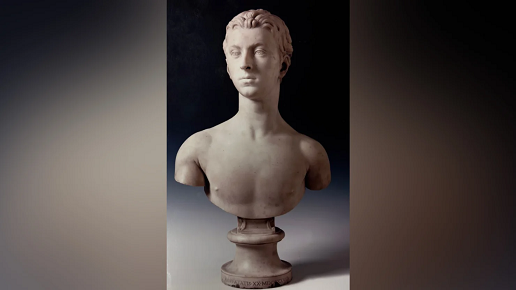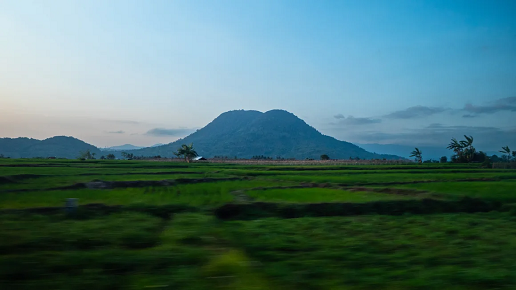According to The Bangkok Post, as the recovery remains tepid and fragile, the new 300-baht tourism tax, which is set to take effect in April, is eliciting conflicting emotions from tourism businesses.
"If the country wishes to welcome back travelers, the tourism charge must be delayed until at least 2023," said Marisa Sukosol Nunbhakdi, president of the Thai Hotels Association, "since the sector must be rebuilt from the ground up due to the Omicron variation."
Read More: An immigrant from Japan experiences a day in a life of a breakfast shop staff
0215.jpg)
The new 300-baht tourism tax is delayed. (Photo / Retrieved from Pixabay)
Even if the price is minor, she believes it will have a psychological impact on tourists, particularly those who come in groups and cross-border travelers who visit the country frequently.
Mrs Marisa believes that using the cash to provide visitor insurance and enhance tourism sites is a good idea, but that the timing is inappropriate since the country will lose out due to fierce competition.
Following the extended suspension of the Test & Go scheme and the country's ongoing struggle against Covid-19, Sisdivachr Cheewarattanaporn, president of the Association of Thai Travel Agents, claimed the new cost will decrease travel confidence.
0215.jpg)
Even if the price is minor, it might still have a psychological impact on tourists. (Photo / Retrieved from Pixabay)
He believes that enforcing the tax will be more suitable if Thai tourism recovers to 2019 levels, after Chinese tourists begin to return and worldwide travel commences properly.
The president of Thailand's Tourism Council, Chamnan Srisawat, said he agreed with the concept to use tourism taxes to boost the supply side of the sector. The council, on the other hand, would prefer more clarity on the funding system.

0215.jpg)





